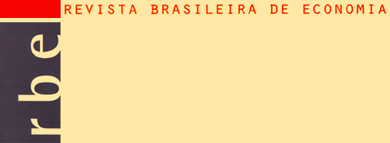This article addresses the most common criticisms on the "surplus approach''. It shows that the classical method avoids the excess of abstraction of neoclassical general equilibrium theory, which produces models that have no empirical content, and the lack of abstraction of the post-Keynesian school which does not accept equilibrium. Taking reality as a chain of accidental events connected in a dynamic logical process, the neoclassical school conceives market prices as empirical phenomena that nevertheless gravitate around moving equilibrium prices thanks to the adjustment mechanisms. Though this gravitation process should be conceived as an axiom of logic, it can be modeled in such a way as to produce stable results under quite reasonable assumptions. Finally, it shows that the classical concept of competition can be used for explaining profit rate differentials, which are the bases of the theory of oligopoly pricing.
long-run equilibrium; stability of equilibrium; gravitation; free competition


